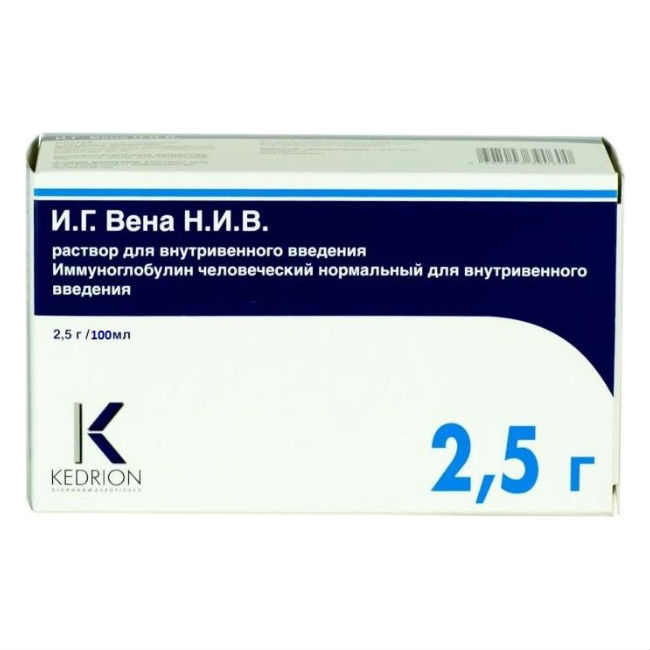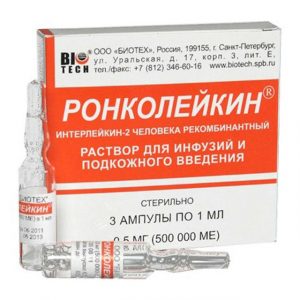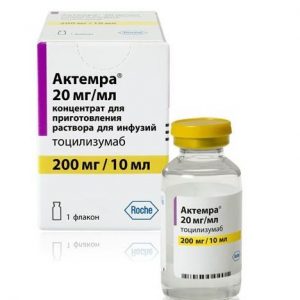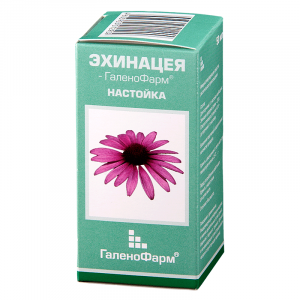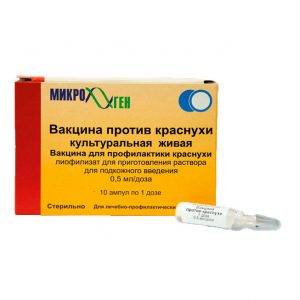Description
Latin name
IG VENA NIV
Release form
Solution for intravenous administration is clear or slightly opalescent.
Packing
50 ml – bottles (1) complete with IV infusion dropper – packs of cardboard.
Indications
Primary immunodeficiency syndrome: congenital agammaglobulinemia and hypogammaglobulinemia
common variable immunodeficiency
severe combined immunodeficiencies
Wiskott-Aldrich syndrome.
Idiopathic thrombocytopenic purpura (ITP), including acute forms in children.
Secondary immunodeficiency: chronic lymphocytic leukemia
AIDS in children
bone marrow transplantation.
Contraindications
Donor immunoglobulin intolerance, especially in very rare cases of IgA deficiency, when the patient has antibodies to IgA.
Use in pregnancy and lactation
In controlled clinical trials, the safety of the use of IgG in pregnant women has not been established, therefore caution is required when prescribing the drug during this period.
Long-term clinical practice of using immunoglobulins has not revealed a negative effect on the course of pregnancy, the fetus and the newborn.
The drug is excreted in mother’s milk, which can lead to the transport of protective antibodies into the body of the newborn.
Composition
1 ml
human immunoglobulin normal 50 mg
Excipients: maltose, d / i water.
Dosage and administration
Doses and dosage regimen depend on the diagnosis and age of the patient, the choice of treatment method (prevention or replacement therapy).
During replacement therapy for primary and secondary immunodeficiencies, the drug is prescribed in a dose of 100-400 mg (2-8 ml) / kg body weight with an interval of 1 month to restore the level of IgG to normal. If the required level of IgG in the blood is not achieved, it is possible to increase the dose to 800 mg (16 ml) / kg body weight or frequency of administration.
For transplantation in immunosuppressive patients, iv administration of IgG is used before and after surgery. Doses are selected individually. Usually, the initial dose is 500 mg (10 ml) / kg / week, the maintenance dose is 500 mg / kg / month. To prevent hospital infection of cytomegalovirus or hepatitis B virus, antibody titers are determined to justify the dosage regimen.
In idiopathic thrombocytopenic purpura (ITP), the drug is prescribed at a dose of 400 mg (8 ml) / kg body weight every day or 1000 mg (20 ml) / kg body weight every other day for 5 days. Maintenance doses are administered with a clinically established increase in platelet count.
Before use, the drug is warmed to room temperature or to body temperature. The drug is administered in / drip at an initial rate of 10-20 drops / min for 20-30 minutes. With good tolerance, the rate of administration can be gradually increased up to 40 drops / min until the end of administration.
Side effects
Allergic and anaphylactic reactions: possible – chills, headache, fever, allergic reactions, arthralgia, back pain rarely – a sharp decrease in blood pressure, anaphylactic shock (even if the patient did not show sensitivity during previous injections).
From the digestive system: vomiting, nausea.
Drug Interaction
Concomitant use of immunoglobulin may reduce the effectiveness of live vaccines (including measles, rubella, mumps, chickenpox) for a period of 6 weeks. up to 3 months
Preparation IG VIENNA NIV should not be mixed in one syringe with other drugs.
Overdose
No cases of overdose of human immunoglobulin preparations have been reported.
Storage conditions
The drug should be stored in a dark place at a temperature of 2 ° to 8 ° C and do not freeze.
Expiration
2 years.
Deystvuyuschee substances
immunoglobulin man Normal
Dosage form
dosage form
infusion solution
